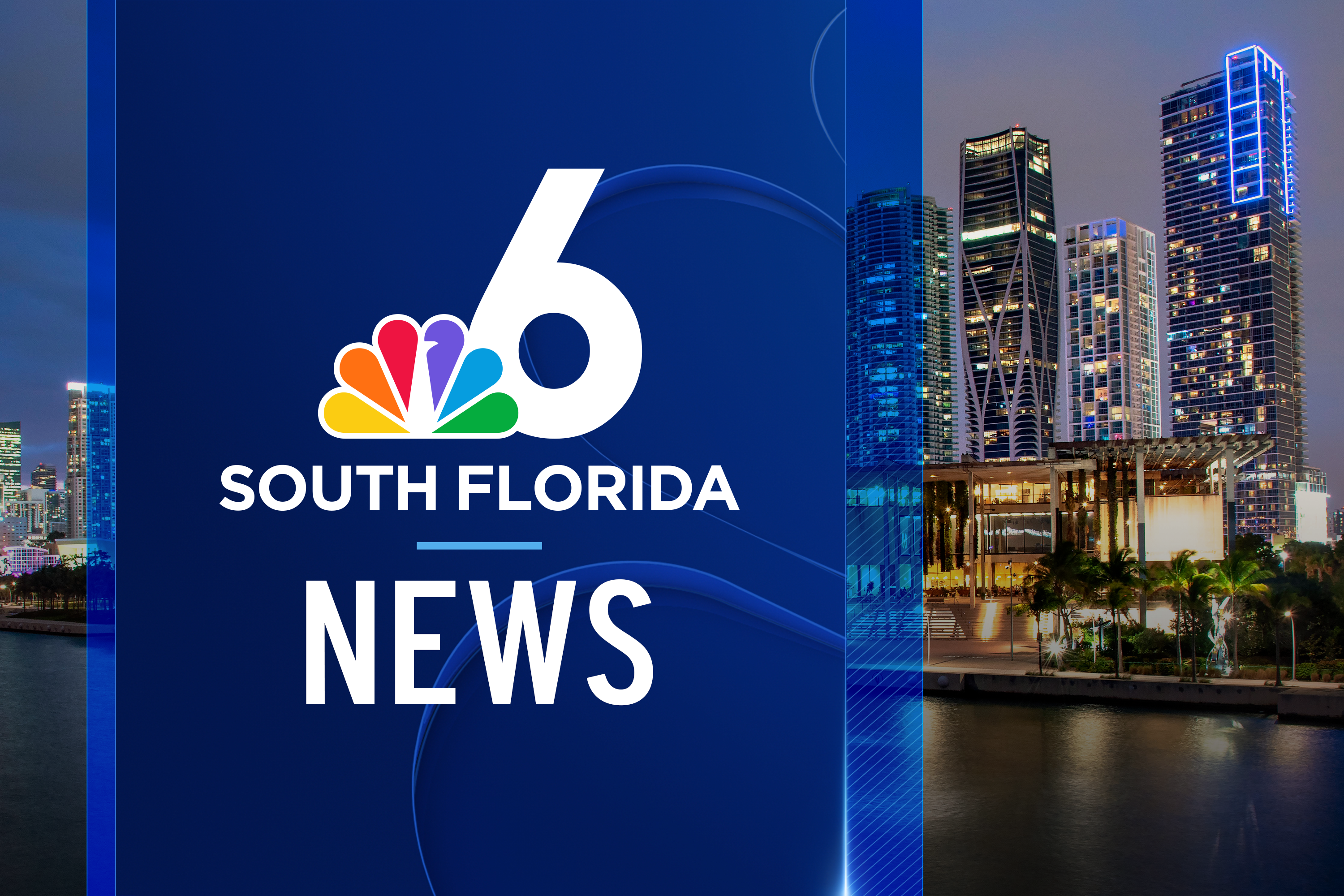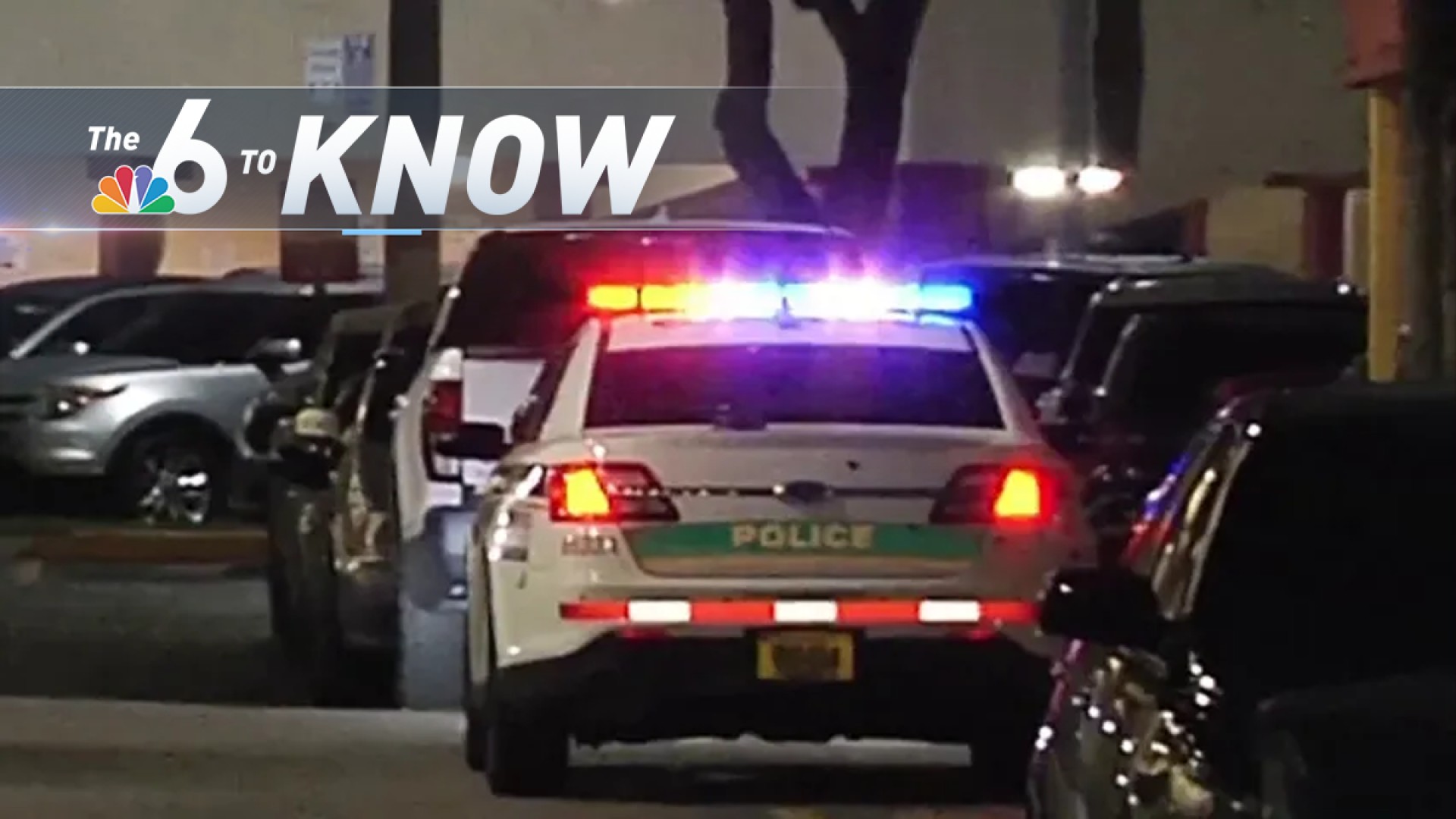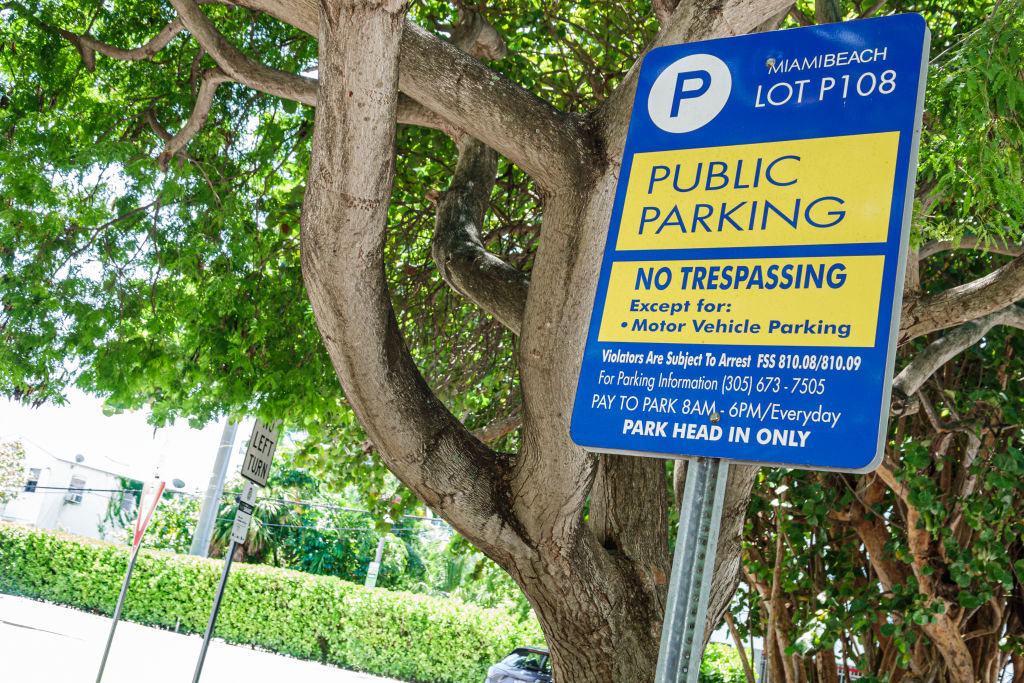The oral arguments were made Wednesday at a hearing over Florida’s six-year-old gay marriage ban, but Judge Sarah Zabel did not say which way she might rule. NBC 6’s Bobby Brooks reports.
The oral arguments were made Wednesday at a hearing over Florida’s six-year-old gay marriage ban, but Judge Sarah Zabel did not tip her hand which way she might rule.
“I’ll take it under advisement,” Judge Zabel said at the end of the hearing.
The original motion was filed earlier this year on behalf of the couples by Equality Florida, a state activist group. The suit claims Florida's laws that bar same-sex couples from marrying violate the U.S. Constitution by denying them equal protection and due process.
The suit resulted from the Miami-Dade Clerk’s Office refusing to hand out marriage licenses to gay couples. Part of the reasoning behind the clerk’s decision was explained by its counsel.
“There are areas that indicate, for example, ‘groom’s name,’ or ‘bride’s name,’ or ‘maiden name,’” said general counsel Luis Montaldo. “So these are issues that the clerk, as a neutral ministerial officer, does not have the authority on his own volition to change.”

The couples argued that Florida’s ban couldn’t stand after the U.S. Supreme Court’s ruling last year that the Defense of Marriage Act violated the guarantees of equal protection and due process. But, the Supreme Court took no action on state bans, which led to lawsuits across the country.
Similar claims have been made in other states, where judges in many cases have struck down gay marriage bans as discriminatory. Among the states that have seen their gay marriage bans struck down are: Oklahoma, Virginia, Utah, Pennsylvania, and Kentucky was added to the list Tuesday.
The judge in Kentucky’s lawsuit wrote Tuesday, “In America, even sincere and long-held religious beliefs do not trump the constitutional rights of those who happen to have been out-voted,” and that the law has “no conceivable legitimate purpose.”

Florida Attorney General Pam Bondi’s office has stepped in to defend the state’s marriage ban that was enacted in 2008.
“What remains for this court to do is to simply follow binding precedent,” said chief solicitor general Adam Tannenbaum.
Supporters of the ban, like Dr. Hilario Jose Armesto of the Florida Democratic League, said it wasn’t the court’s place to overturn the vote of the people.
“No citizen or group of citizens has the right to demand a court to violate or deny everyone else’s civil rights, everyone else’s voter rights,” Armesto said.
Local
A decision isn’t expected for several weeks. If the lawsuit is approved, marriages could begin right away or held off pending a higher court’s ruling. No matter what the ruling is, both sides have vowed to continue to fight on with appeals.



